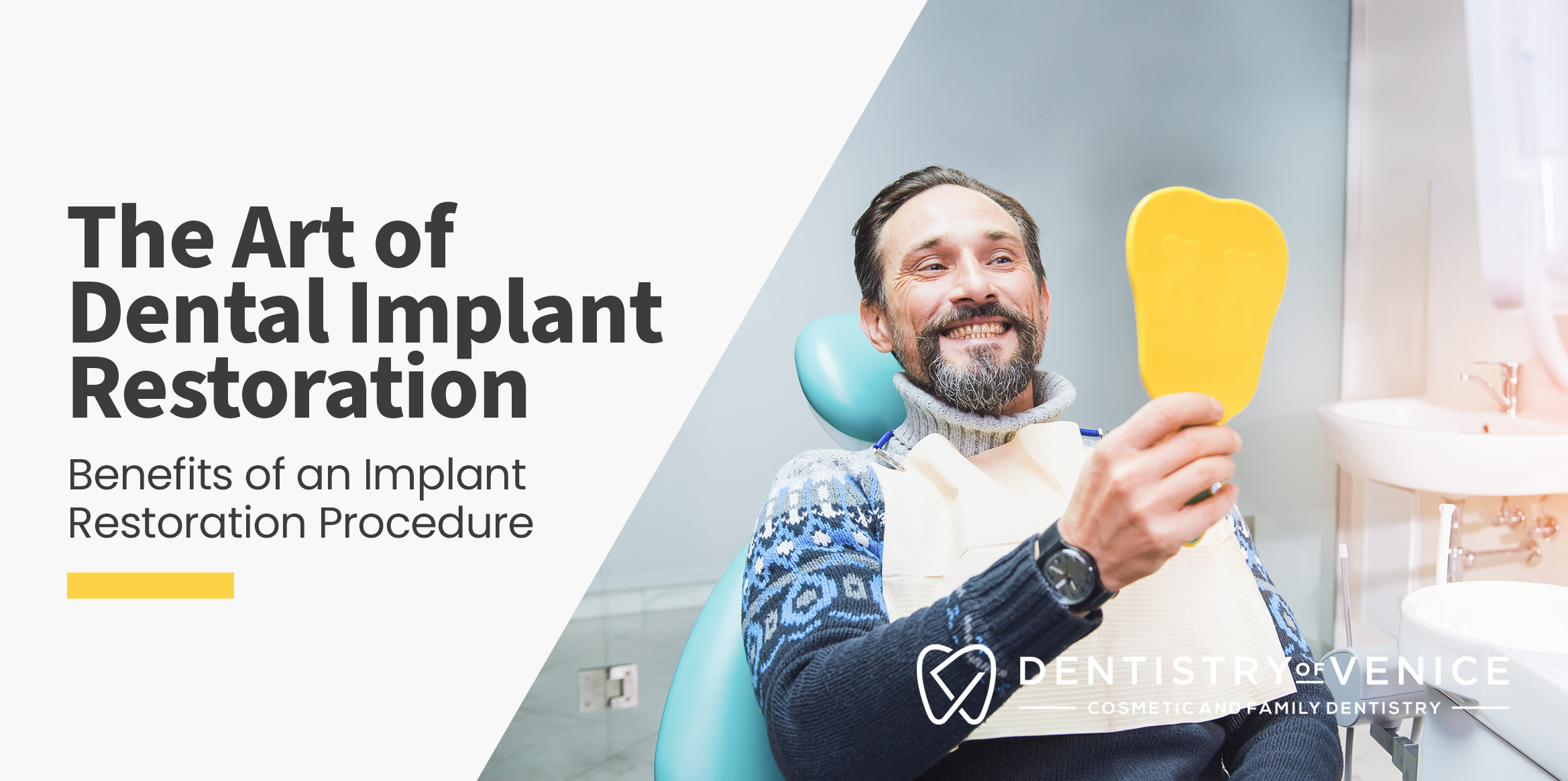The Art of Dental Implant Restoration
Dental implant restoration has emerged as a groundbreaking solution for individuals seeking to regain not only their smile but also the functionality and confidence that may have been compromised due to missing teeth. This article delves into the intricacies of dental implant restoration, exploring the process, benefits, and the transformative impact it has on patients’ lives.
Understanding Dental Implants
Dental implants serve as artificial tooth roots, providing a sturdy foundation for replacement teeth. Composed of biocompatible materials such as titanium, these implants fuse with the jawbone through a process called osseointegration, ensuring stability and durability.
The Restoration Process
1. Initial Assessment
The journey begins with a comprehensive examination of the patient’s oral health. Factors such as bone density, gum condition, and overall health are considered to determine the suitability for dental implants.
2. Implant Placement
A skilled oral surgeon precisely places the implants into the jawbone during a minor surgical procedure. Local anesthesia ensures minimal discomfort..
3. Osseointegration
Over the next few months, the implants fuse with the jawbone, creating a solid foundation for the restoration.
4. Abutment Placement
Once osseointegration is complete, an abutment is attached to the implant, serving as a connector between the implant and the artificial tooth.
5. Customized Restoration
Impressions of the patient’s teeth are taken to create a customized crown, bridge, or denture. This ensures a natural-looking appearance and optimal functionality.
Benefits of Dental Implant Restoration
1. Enhanced Aesthetics
Dental implants closely resemble natural teeth, providing a seamless and aesthetically pleasing smile.
2. Improved Functionality
Unlike traditional dentures, dental implant restorations offer stability and functionality comparable to natural teeth, allowing for confident chewing and speaking.
3. Preservation of Jawbone
Implants stimulate the jawbone, preventing bone loss that often occurs with missing teeth.
4. Long-Term Durability
With proper care, dental implant restorations can last a lifetime, offering a permanent solution to tooth loss.
Post-Restoration Care
Maintaining good oral hygiene practices, regular dental check-ups, and avoiding harmful habits like smoking are essential for the long-term success of dental implant restorations.
Conclusion
Dental implant restoration has revolutionized the field of dentistry, providing patients with a second chance at a beautiful, functional smile. As advancements continue, this transformative procedure will undoubtedly play a pivotal role in improving the quality of life for individuals with missing teeth.
To learn more, give us a call at 941-441-9275.




